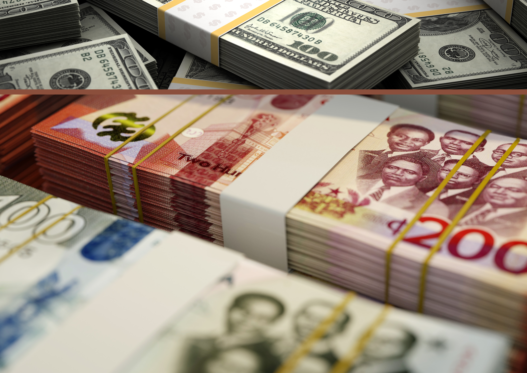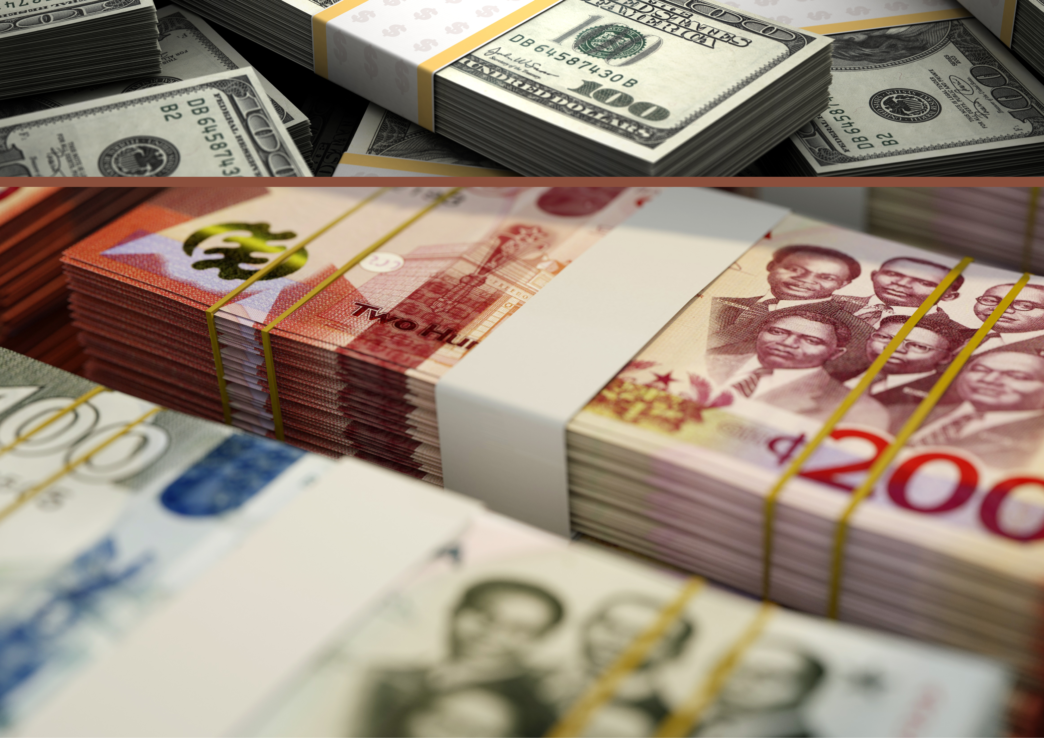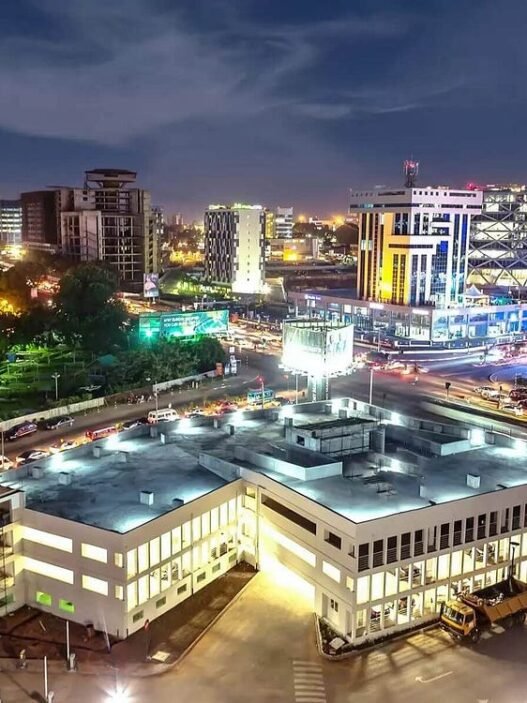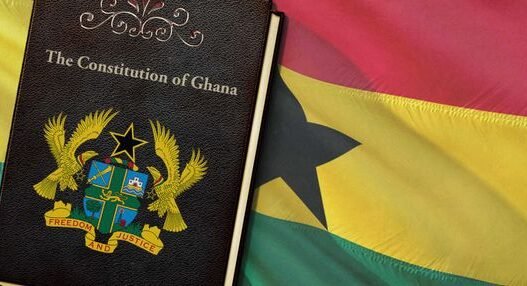As Ghanaians prepare for another election year, the familiar refrain of the cedi’s depreciation echoes across the country. Just as mangoes fall from trees in the rainy season, the cedi seems to be on a downward trajectory against the dollar, raising questions about the underlying causes of this recurring phenomenon.
“What factors contribute to this ‘falling cedi’ syndrome, and what does it mean for everyday Ghanaians?”
Understanding the Cedi’s Decline
The cedi’s depreciation is not a new story; it has been a consistent issue for years, especially during election cycles. In recent months, the cedi has continued to lose value against the dollar, reaching alarming lows that have affected everything from the cost of living to international trade.
The Dollar’s Dominance
The strength of the dollar is a significant factor in the cedi’s value. As a global reserve currency, the dollar is in constant demand for international transactions. When the dollar strengthens due to global economic conditions or political stability in the U.S., currencies like the cedi often suffer. The relationship between the dollar and the cedi is particularly sensitive during election years, as political uncertainty typically leads to capital flight and reduced foreign investment.
Economic Fundamentals
Several fundamental economic factors contribute to the cedi’s depreciation:
- Trade Imbalance: Ghana’s trade deficit is a persistent problem. When the country imports more than it exports, it puts pressure on the cedi, causing it to weaken. With rising import costs—exacerbated by global inflation—this imbalance worsens.
- Inflation Rates: High inflation erodes purchasing power and leads to currency depreciation. Ghana has faced inflationary pressures, driven by rising food and fuel prices, which further impacts the cedi’s value.
- Foreign Reserves: A decline in foreign reserves limits the central bank’s ability to stabilize the cedi. Insufficient reserves hinder the government’s capacity to intervene in the foreign exchange market, leaving the cedi vulnerable to fluctuations.
Political Instability and Economic Policy
Election years often bring a wave of uncertainty. Political campaigns can lead to inconsistent economic policies and reduced investor confidence, exacerbating the cedi’s decline. Key concerns include:
- Policy Promises: Politicians may make ambitious economic promises during campaigns, but these often remain unfulfilled, causing skepticism among investors.
- Economic Management: Perceptions of poor economic management and corruption can deter foreign investments and remittances, further weakening the cedi.
The Impact on Everyday Ghanaians
The effects of the cedi’s depreciation are felt most acutely by ordinary citizens. As the cedi loses value, the cost of imported goods rises, leading to increased prices for essential items such as food, clothing, and fuel. This inflationary pressure disproportionately affects low-income families, making it harder for them to make ends meet.
Cost of Living Crisis
The ongoing currency depreciation has contributed to a cost-of-living crisis, where families struggle to afford basic necessities. As the purchasing power of the cedi declines, many Ghanaians are forced to cut back on essential expenses, leading to increased hardship and dissatisfaction with the government.
What Can Be Done?
Addressing the cedi’s depreciation requires a multifaceted approach:
- Strengthening Economic Fundamentals: The government must focus on boosting exports, reducing imports, and improving the overall economic environment to enhance investor confidence.
- Fiscal Responsibility: Implementing sound fiscal policies and ensuring transparency can help build trust among investors and the public.
- Engagement with the International Community: Strengthening ties with international partners can provide the necessary support and investment to stabilize the economy.
Conclusion
The falling cedi is a complex issue rooted in a combination of economic, political, and social factors. As Ghanaians navigate the challenges posed by currency depreciation, understanding the underlying causes is crucial for fostering informed discussions about potential solutions. Only through a concerted effort to address these challenges can Ghana hope to stabilize its currency and secure a brighter economic future.





















